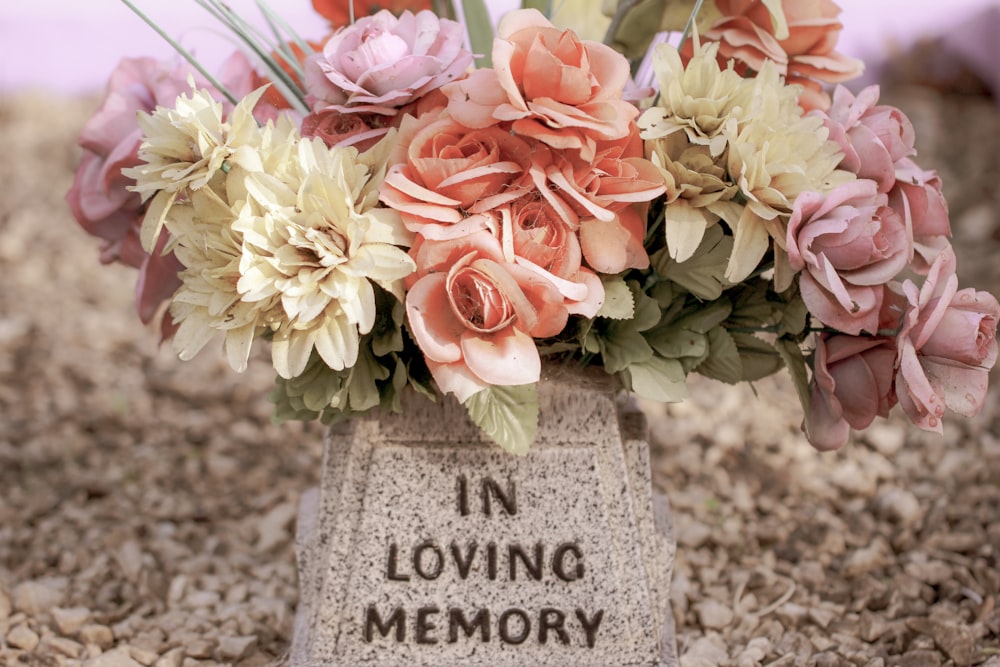
Understanding Wrongful Death Litigation
In the aftermath of a tragic loss, families often seek justice through wrongful death litigation. This legal process is not only about obtaining compensation but also about holding accountable those responsible for the untimely death of a loved one.
The Foundation of Wrongful Death Claims
Wrongful death claims arise when someone dies due to the negligence, recklessness, or intentional misconduct of another party. These claims can encompass a wide range of circumstances, including car accidents, medical malpractice, workplace accidents, defective products, and more.
Legal Elements of Wrongful Death
To succeed in a wrongful death lawsuit, certain legal elements must be established. These typically include proving the defendant’s duty of care to the deceased, demonstrating that the defendant breached that duty through their actions or inactions, establishing causation between the breach and the death, and quantifying the damages suffered by the surviving family members.
Parties Involved in Wrongful Death Litigation
Wrongful death litigation involves multiple parties, including the surviving family members of the deceased, the defendant(s) responsible for the death, insurance companies, and legal representatives for both sides. Each party plays a distinct role in the litigation process, with the goal of either seeking justice or defending against allegations.
Navigating the Legal Process
The legal process in wrongful death litigation can be complex and time-consuming. It typically involves filing a complaint, conducting discovery to gather evidence, negotiating settlements, and potentially going to trial if a settlement cannot be reached. Throughout this process, experienced legal representation is essential to ensure that the family’s interests are protected and advocated for.
Factors Influencing Damages
In wrongful death cases, damages may be awarded to compensate the surviving family members for various losses, including medical expenses, funeral costs, lost income and financial support, emotional pain and suffering, and loss of companionship and guidance. The amount of damages awarded can vary depending on factors such as the severity of the misconduct, the age and health of the deceased, and the financial impact on the family.
Legal Challenges and Defenses
Defendants in wrongful death cases often raise various defenses to challenge the allegations against them. These defenses may include arguing comparative negligence, asserting immunity, disputing causation, or challenging the extent of damages claimed by the plaintiffs. Successfully overcoming these defenses requires skilled legal representation and thorough preparation.
Emotional Impact on Families
Beyond the legal complexities, wrongful death litigation can take a significant emotional toll on families who have lost a loved one. Dealing with the grief and trauma of the loss while simultaneously navigating the legal process can be overwhelming. Therefore, it’s crucial for families to have a support system in place and to prioritize their emotional well-being throughout the litigation process.
The Importance of Advocacy
Throughout the journey of wrongful death litigation, advocacy is paramount. Families need compassionate and dedicated legal advocates who will fight tirelessly on their behalf to pursue justice and hold those responsible accountable for their actions. By working with experienced attorneys who specialize in wrongful death cases, families can navigate the legal system with confidence and determination.
Conclusion
Wrongful death litigation is not just a legal process—it’s a pursuit of justice and accountability for families who have experienced unimaginable loss. By understanding the anatomy of wrongful death litigation and the complexities involved, families can navigate this challenging journey with the support and guidance they need to seek closure and find a sense of justice for their loved one. Read more about wrongful death litigation







